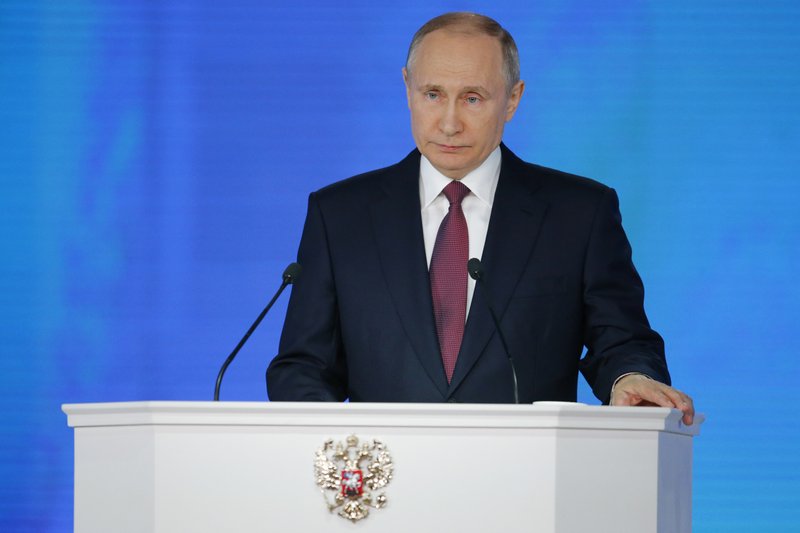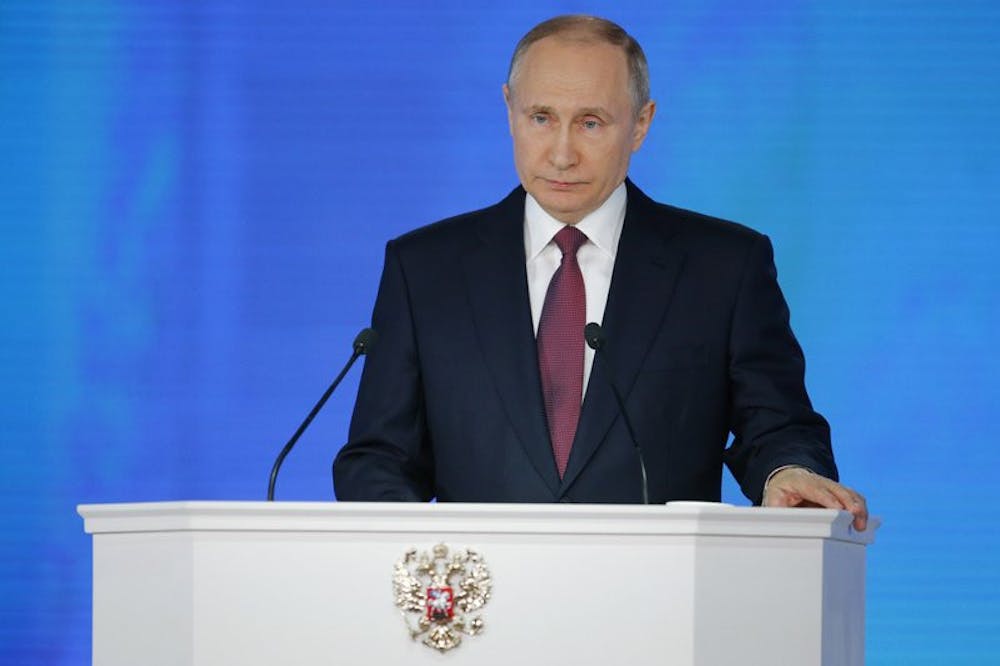By James Wright
Staff Writer
Leaders of the U.S., U.K., France and Germany signed a statement on March 15 that condemned Russia’s use of a nerve agent to poison a former Russian spy and his daughter on British soil, leaving them both hospitalized in critical condition, according to The New York Post.

British authorities have insisted that the March 4 attack of 66-year-old Sergei Skripal and his 33-year-old daughter Yulia in Salisbury, England was directed by the Kremlin. The statement has received support from other countries within and outside the EU in regards to the blaming Russia for the incident, according to CNBC.
The poison was identified as the nerve agent Novichok, which was secretly developed by the Soviet Union in the 1980s, according to CNN. No country other than Russia is known to have ever created or used the poison.
In the immediate aftermath of the attack, British Prime Minister Theresa May expelled 23 Russian diplomats from British soil, according to BBC. The expulsion is the largest in the U.K. in over 30 years. The individuals, identified as “undeclared intelligence officers,” have one week to vacate the country.
“We do hold Russia culpable for this brazen, brazen act and despicable act,” May said during a visit to the attack site, according to BBC.
Russian government officials denied any connection to the attack, including President Vladimir Putin, who called the accusations “delirium and nonsense,” according to CNN.
The statement of condemnation concluded that there is “no plausible alternative explanation” to Russia’s alleged involvement in the attack. It referred to the incident as the "first offensive use of a nerve agent in Europe since the Second World War," and “an assault on U.K. sovereignty,” according to BBC.
U.S. President Donald Trump, one of the statement’s signatories, described the attack as a “very sad situation,” according to BBC.
“It certainly looks like the Russians were behind it," Trump said.
The EU is split on administering additional sanctions on Russia, especially considering that separate countries have varying national interests. For example, countries in Eastern Europe have closer connections with Putin and would likely see their own economies suffer as a result of imposing sanctions on Russia, according to CNBC.
Delivering a unified response may prove more difficult than expected, according to Otilia Dhand, senior vice president at Teneo Intelligence, in a report by CNBC.
“I don’t get the feeling that among EU leaders there is a big appetite for additional economic sanctions on Russia,” Dhand said. “In fact, this is quite unlikely. Individual sanctions? Probably, yes.”
Several western countries are in agreement about Moscow’s ties to the nerve-gas attack on British soil, but Putin has denied any wrongdoing in the case. Just hours after U.K. Foreign Secretary Boris Johnson claimed that Russia has been stockpiling Novichok for years, Putin affirmed Russia’s innocence, according to CNN.
"The first thing that came to my mind: If it was military grade agent, they would have died on the spot, obviously," Putin said, according to CNN. "Russia does not have any such agents, we destroyed it all."







